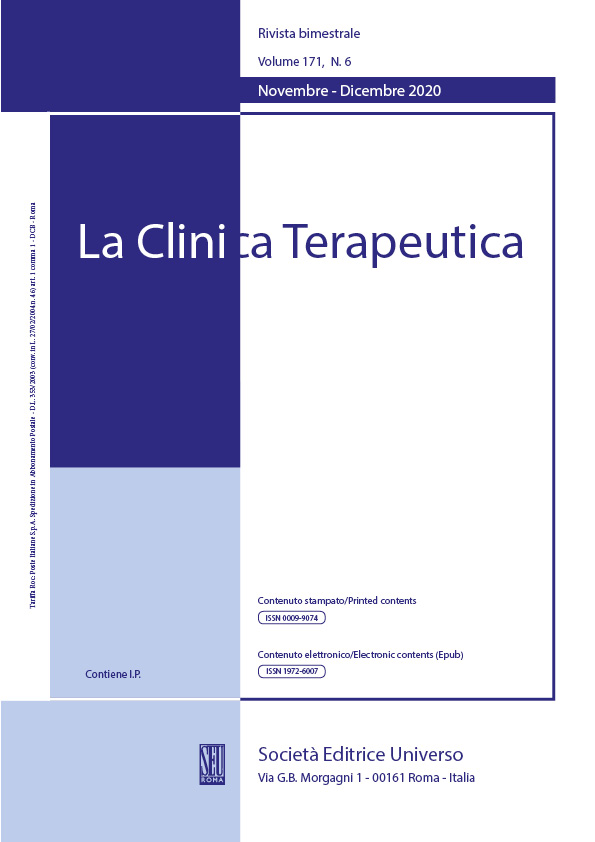Abstract
Background. Work-related stress represents a major health problem within most work environments and its rates of incidence are increasing as time goes by. Work-related stress is both detrimental for workers’ psychophysical health and costly to societies. Besides the direct medical costs that represent only a fraction of the total cost, data is either lacking or unreliable to properly estimate the economic impact of occupational stress.
Methods. This paper reviews international studies and organisational reports in order to highlight occupational stress economic impact on an international level.
Results. The study shows that work-related stress imposes an undeniable financial burden on worldwide societies. Findings display estimations that vary from €54 million up to €280 billion depending on the country. Results suggest that productivity loss due to absenteeism and presenteeism has a greater economic impact compared to the medical expenses.
Discussion. In general, the costs of work-related stress, also according to Europe, impact both on employers and welfare systems, and from the point of view of prevention we should work hard to improve stress-management strategies.
Conclusions. The discussion around this matter should be emphasized in order to properly address occupational stress and make implications for job redesign under the perspective that promoting and protecting workers’ mental well-being will benefit the individual and allow cost containment benefitting the collective as well.
